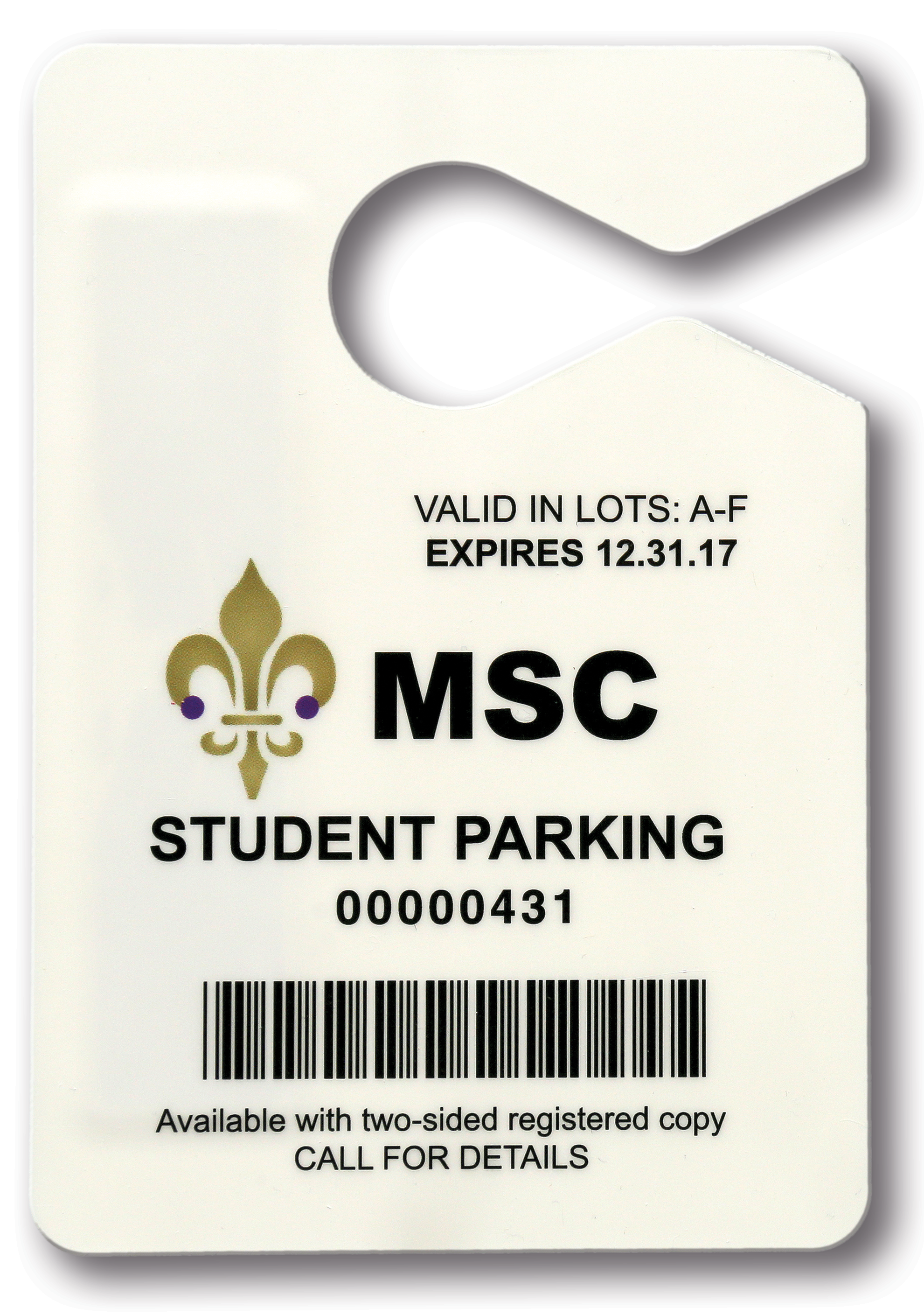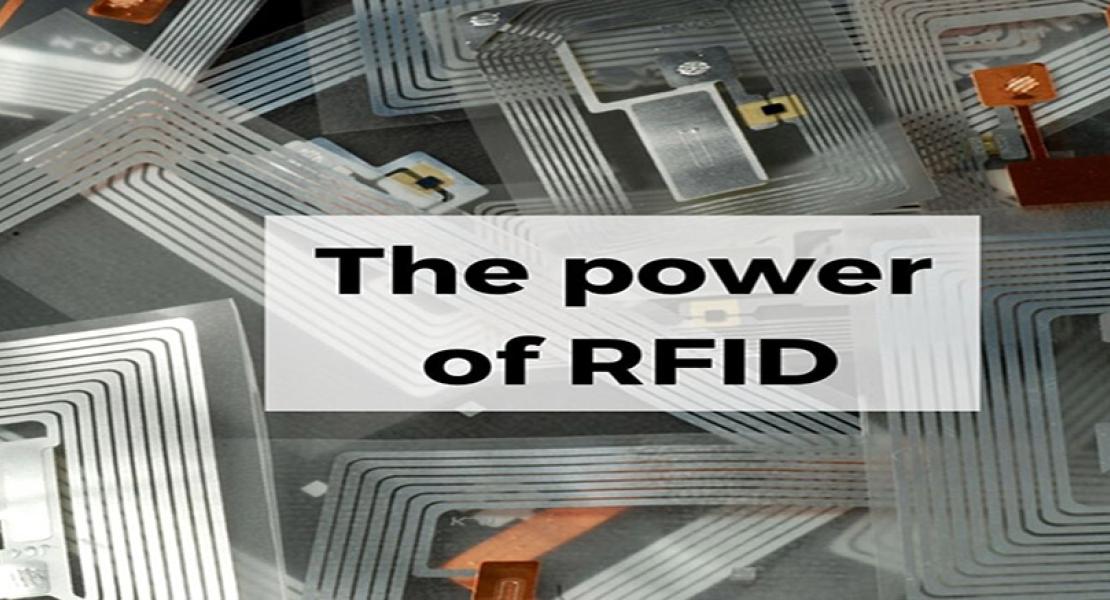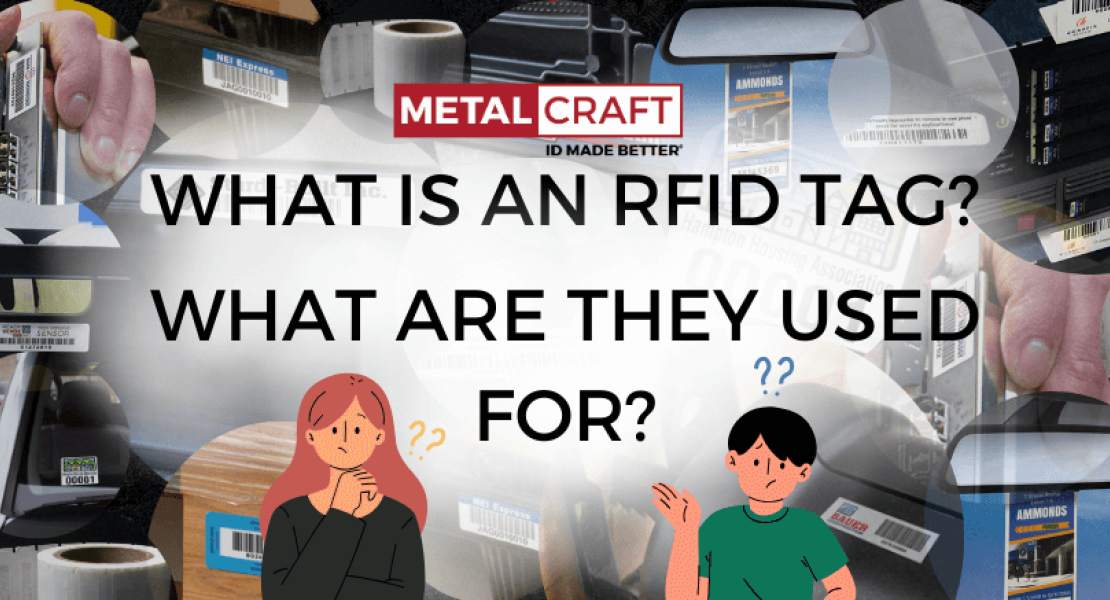If you own a business or even if you’re in charge of a certain unit within an enterprise, you probably want to know what and how many assets are there, where are they located, who is using them, etc. How many times a year do you count your inventory? Once? Maybe twice? And how accurate do you think it is? RFID technology can help you to speed up this process.
Asset tracking is essential for any business and Radio Frequency Identification (RFID) can often be the perfect way to count that inventory.
Asset tracking with RFID can be the answer to so many problems. Have you needed an asset but it was nowhere to be found? With RFID asset tracking you don't have to do guesswork anymore because you’ll have a clear grasp of your assets’ location, status, movement, etc. Not to mention that you will significantly reduce the time, effort and cost of your asset management.
So what is RFID asset tracking?
RFID is part of many asset management solutions, it’s the link between an asset and the database that stores all the information for that asset.
Radio Frequency Identification (RFID) is a technology that uses a radio wave to identify an object. The main components of an RFID inlay include the IC (integrated chip) which executes commands and stores data; the antenna which absorbs RF waves and helps broadcast the signal; and the substrate which is the material that the chip and antenna are attached to.
RFID technology can read multiple assets quickly and precisely and can be read even if the RFID reader is not close to the asset.
With RFID technology tracking a large number of assets is not a burden anymore because employees easily can scan multiple asset tags without having to manually enter the data about an asset. This is a great way to avoid human error.
We actually stumble upon RFID technology in our everyday life, for example when we open the office doors using a keycard. It can also be found in parking permit hang tags, wristbands, and access control badges, etc. There are many types of RFID tags.
Which industries are using RFID asset tracking?
Here are several industries that are currently finding value in using RFID systems to track their assets:
Law Enforcement
Law enforcement staff need to manage a bunch of important and high-value assets daily, such as firearms, IT equipment, evidence, enforcement vehicles, etc.
Lost assets can result in lawsuits, not to mention that there is a lot of risk when it comes to these types of assets. So in order to ensure safety, law enforcement personnel often use RFID technology to protect their valuable assets.
Retail

Retailers like Wal-Mart, Zara, Macy’s, Marks & Spencer, etc. all are using this technology to streamline their supply chain and improve inventory management.
Currently, because of all the technological advancements of RFID equipment, retailers also can also now use the RFID technology for groundbreaking business strategies. Customers can benefit from this technology too because with RFID retailers have the possibility to create a more personal customer experience.
Manufacturing
This industry has implemented amazing asset management systems that can keep track of a variety of assets, from small tools to large products (for example car parts). In manufacturing, RFID technology plays a vital role because it can save a lot of money.
Education

RFID is often used in schools to ensure the safety of students. For example, RFID tags can be applied to students’ bikes in order to make sure they reach school safely.
RFID technology also can be used to track library books, laboratory equipment, IT equipment, exam papers and much more. It can also be utilized in colleges to track and encourage students’ attendance.
Healthcare

The healthcare industry means thousands of various assets, patients, employees, medicines, tools, and equipment, etc. so it’s not surprising that hospitals must implement RFID asset tracking systems in their everyday operations.
For example, RFID technology can be integrated into a band that is put on the hand of a patient to track its history records - this can provide crucial information. RFID can also be helpful for keeping maintenance records of big equipment like X-ray machines, MRI machines, CT-Scan, etc.
Not sure if RFID is right for you? Metalcraft’s ID Specialists can walk you through the decision process – give us a call at 800-437-5283, 641-423-9460 or visit universalrfid.com.
 | About the Author: Marianne AlvaradoMarianne Alvarado is our Vice President of Sales. Alvarado joined Metalcraft in March of 2000 as a Territory Specialist, became Sales Manager in January 2022 and was named Vice President of Sales during August of 2023. She leads both the Outside and Inside Sales teams. Marianne lives in Davenport with her husband, Dave Beeman. Mobile Phone: 641-529-9492 Email: [email protected] Office: 3360 9th St. SW, Mason City, IA 50401 Office Phone: 641-423-9460 |




